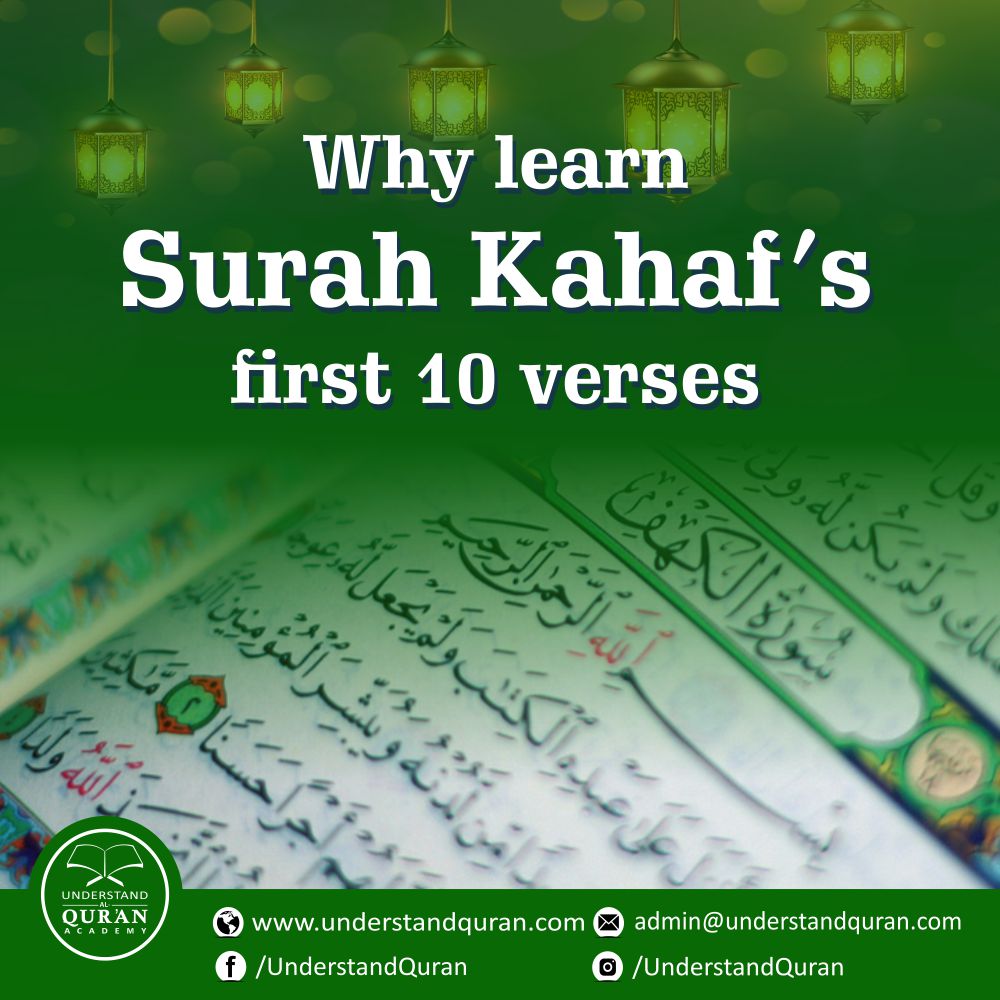Moonlight Gently Urging Me Awake

By Kelly El-Yacoubi
During my first Ramadan, like many other Muslims I felt a heightened sense of interaction with the Quran. Each morning after praying El-Fajr I would go to a nearby mountaintop to watch the sunrise, and I would sit and read my Arabic-English Quran as the sun slipped above the horizon. The quiet moments alone allowed me to focus on the Quran with little distraction. They allowed me to invite Allah’s Word into my life and heart without resistance.
Reading versus Interacting
As Muslims we strive to make the Quran a part of our daily lives by reading it and reciting it in our five daily salat (prayers). However we often make the unintentional mistake of simply reading the Quran rather than interacting with it.
Reading involves knowing the words and their meanings and continuing from ayah to ayah. There is ajr (reward) for this enjoyable and pleasing act and it’s often a necessary prerequisite to interacting.
Yet interacting with the Quran means experiencing the nearness of Allah Himself while He is speaking directly and specifically to you, with you in mind. It’s the experience that comes when the Quran is read with knowledge, awareness, and a heart engaged in remembrance (dhikr) of The Author.
Connecting with Allah on a Personal Level
When I was guided to convert to Islam, the soundness and perfection of the religion when it came to gender roles, social responsibility, and emphasis on beautiful character appealed to me. Yet it was experiencing nearness to the Lord who created that deen that led to me to become a Muslim. I experienced this special nearness to Allah through interacting with His Word in the Quran.
Yet it was on the nights of Ramadan that I really felt I could hear Allah’s voice in the words of our Holy Book. One night in particular I was able to interact with Allah’s Word in a way I had never done before.
Glorious Morning Light
It was around three a.m. on one of the last ten nights of Ramadan, and the moonlight that shone on my face gently urged me awake. I rose silently from my bed and went to read the Quran, opening it to Surah Ad-Dhuha:
By the Glorious Morning Light, and [by] the Night when it is still; Thy Guardian-Lord has not forsaken thee, nor is He displeased. (93:1-3, Yusuf Ali translation)
As I read these first three ayat, I experienced the nearness of Allah; it caused me to weep. I felt certainty (ya’qeen) that He had awoken me in the stillness of the night, just like in the verse, simply to let me know that He was with me. This was different from just reading the Quran– this time I was reading the Quran with awareness, and with a heart that was in remembrance (dhikr) of Him.
Each Ayah Contains a Gift and Chance to Know Allah
As I continued to read this beautiful surah, I remember feeling overwhelmed with gratefulness (shukr) and humility as I came to the seventh verse: And He found thee wandering, and gave thee guidance.
Before I converted to Islam I had lived a life filled with sin, wherein I was continually disgracing my soul. I had no awareness or knowledge of how dark my heart was and how lost I was. Allah chose to guide my heart to Him, despite my continual disobedience. I had done nothing to deserve this great gift of Islam and mercy (rahma) that Allah had given me. On the contrary, I had committed many sins that had made me undeserving.
Yet here Allah was telling me that despite my sins He still guided me. Upon reading these verses, a heart that is remembering God will immediately feel a connection with who Allah is– Allah himself – for only a truly All-Merciful, All-Compassionate, All-Knowing Lord could give such a gift.
Putting His Gifts into Action
Perhaps the greatest gift He gives us is the experience of knowing Him so that we may submit to Him without opposition (and know Him more). We know Him by interacting with the Quran and by interacting with His Messenger’s embodiment of the Quran in his noble life (salla Allahu alayhi wa salam).
We can interact with the Sunnah by also not simply reading it, or knowing it, but by truly struggling to live it in our own lives despite the challenges and trials that we may confront.
Allah shows us how much He cares for us in the beginning of Surah Ad-Dhuha, and in His ending verses He instructs us to therefore show our gratefulness by treating others with care as His Prophet (salla Allahu alayhi wa salam) did: Therefore, treat not the orphan with harshness; Nor repulse the petitioner unheard; But the bounty of thy Lord– rehearse and proclaim! (93:9-11).
Allah’s Word is Waiting for You
Allah’s words in the above ayahs were being spoken to me, specifically, on that blessed Ramadan night, just as these ayahs are speaking specifically to you. Every single ayah in the Quran is meant for every single one of us, individually and collectively.
Allah promises us several times in the Quran that His words will never change. They are there waiting for us, not just in Ramadan, but always, for all time. We all have the chance to experience interacting with these verses if only we approach them with enough knowledge, focus, and remembrance of the One whose words we read.
Kelly El-Yacoubi is a convert to Islam and a freelance writer who has studied Arabic and Speech-Language Pathology. She currently lives in Colorado with her husband and two sons.









